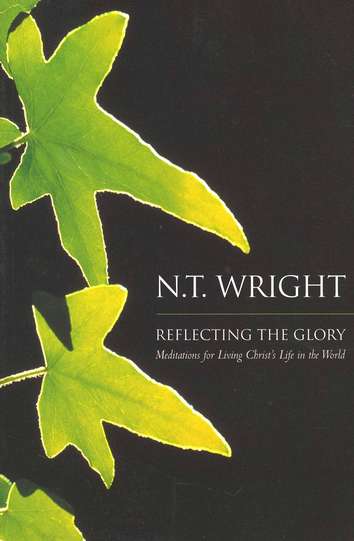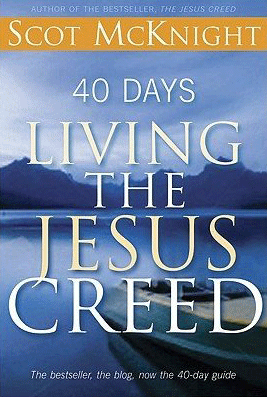Frightened Rabbit – Swim Until You Can’t See Land

A few months ago, I shared my take on Brian McLaren. Since then, his latest book, A New Kind of Christianity, dropped like a bomb on the evangelical landscape. I don’t choose the word “bomb” to be dramatic. Cause you know, being dramatic has never really been my long suit. But I think the word fits, and if you stick around, I may actually get around to explaining why.
 Anyway, I got going on a review of sorts, but before too long, I realized that it was in violation of a personal blog rule… if it can’t be read before a standard length song finishes playing, it’s too long. So I’ve made the judicious decision of turning one post into three (or more).
Anyway, I got going on a review of sorts, but before too long, I realized that it was in violation of a personal blog rule… if it can’t be read before a standard length song finishes playing, it’s too long. So I’ve made the judicious decision of turning one post into three (or more).
It all began about a month ago when I realized the book was out. But before I could even get my hands on it, there were reviews coming out left and right. In general, I try to avoid any reviews of a book that I might end up reading so as not to be influenced one way or another before I’ve had a go at it. In this case, it was especially difficult, but I was moderately successful in being able to steer clear of them. However, the few bits I did read were less than positive. I’ve come to expect that when it comes to McLaren. People are rarely neutral in their opinion of him.
And yet, something about the negative feedback was different this time around. The tone of the reviews was a bit more heated than the dispassionate critique more typically directed against him. And so, rather than predisposing me towards a less than favorable bias ahead of time, the whirlpool of negativity produced the opposite effect. Instead of joining the McLaren-bashing bandwagon, the comments galvanized my resolve to hear him out. I’d read other books he’d written. I’d even heard him speak. Sure, I didn’t buy everything he was peddling, but it never sounded to me like “he hates God,” as one reviewer suggested. Come on… lighten up.
to be continued… (I know. You can hardly wait. And just in case you are taking notes… No drama. No bandwagons.)







